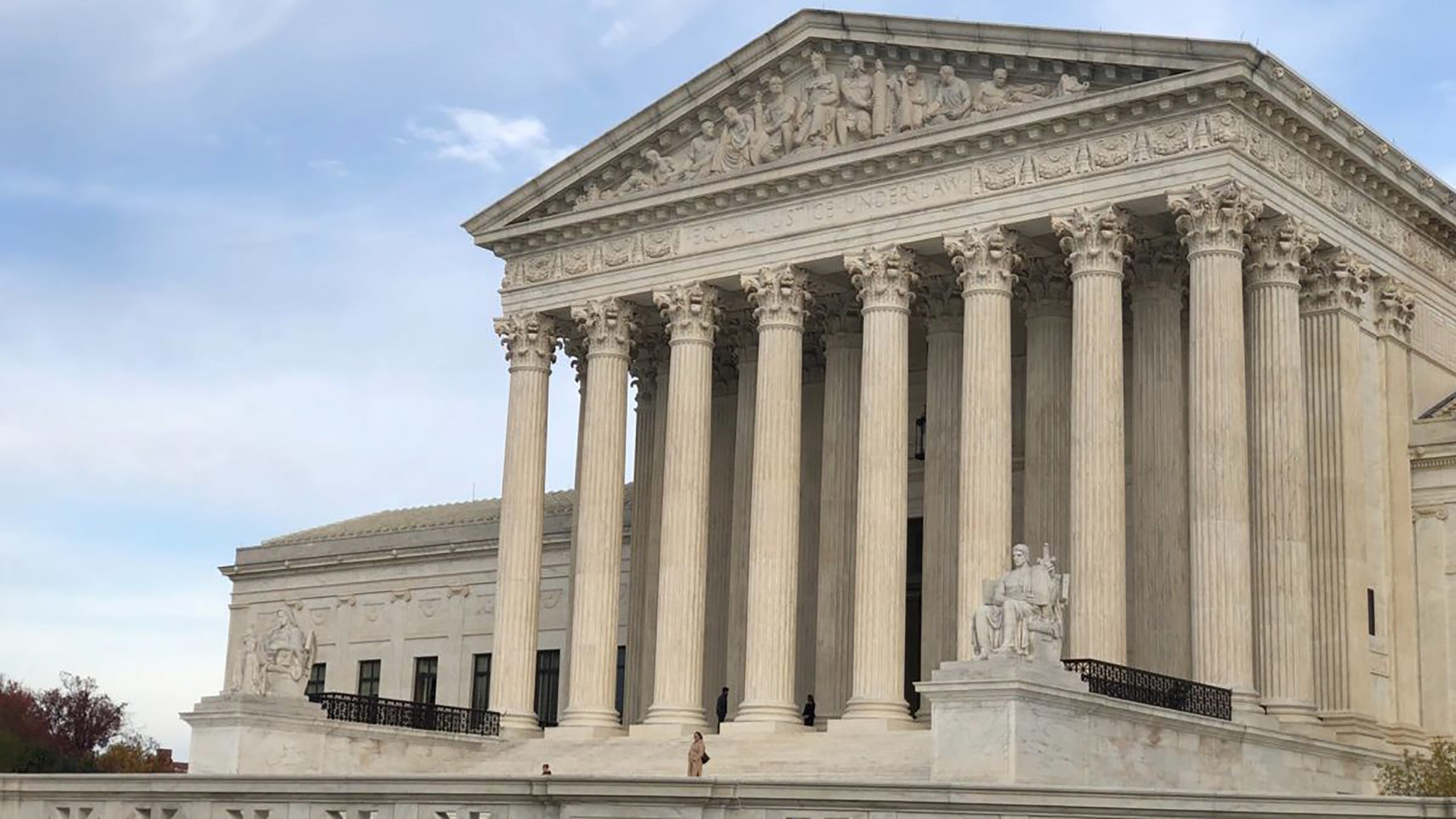A young contractor for the National Security Agency fled the U.S. in spring 2013. Within a matter of weeks, he would release a trove of highly classified documents related to America’s surveillance operations around the world.
The effect his disclosures had on the U.S. intelligence community led to numerous reforms and lawsuits. Public policy debates centering on where to draw the line on national security and individual privacy continue to this day. Edward Snowden’s leak was consequential.
Another consequential leak happened May 2.
Media outlets are all abuzz regarding the stunning Politico report about a leaked majority opinion from the U.S. Supreme Court suggesting the court is prepared to overturn the precedents set in Roe v. Wade and Planned Parenthood v. Casey that led to the current abortion legal framework.
Chief Justice John Roberts, in a press release issued by the Supreme Court, confirmed the draft’s authenticity.
Dobbs v. Jackson ruling
The working draft, composed by Associate Justice Samuel Alito, shares the perspective of a majority of Supreme Court justices on the Mississippi abortion case known as Dobbs v. Jackson Women’s Health Organization.
The Politico report contains this bit of information from a source:
A person familiar with the court’s deliberations said four of the other Republican-appointed justices — Clarence Thomas, Neil Gorsuch, Brett Kavanaugh and Amy Coney Barrett — had voted with Alito in the conference held among the justices after hearing oral arguments in December.
How Roberts will ultimately vote, and whether he will join an already written opinion or draft his own, is unclear.
Establishing a culture of life in the U.S. means advancing policies and protections that prevent preborn children from having their lives snuffed out by abortion.
Overturning the Roe-Casey precedents will mark massive progress toward this goal as the jurisprudence stemming from these cases has been the number one factor inhibiting pro-life laws from taking effect.
That is what makes the Dobbs case so unique: It goes right at the heart of these prior decisions by questioning the “notion of viability as legal standard” and, importantly, is before a court that seems willing to entertain this line of argument.
Churches will be essential in this coming moment.
EDITOR’S NOTE — This article was written by Brent Leatherwood and originally published by the Ethics & Religious Liberty Commission.




Share with others: